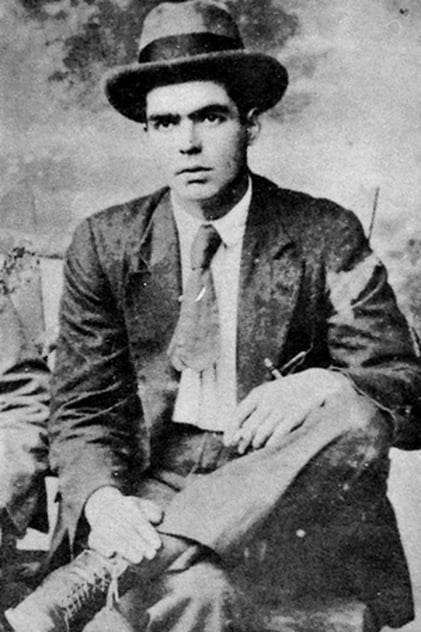
Humberto Mauro
Humberto Duarte Mauro (30 April 1897 – 5 October 1983) was a Brazilian film director. He is often considered the greatest director of early Brazilian cinema. Mauro's second feature film Thesouro Perdido (Lost Treasure) won the Brazilian "Film of the Year" award in 1927. Later that year, Phebo Sul America Film was reorganized into Phebo Brasil Film. The first film released under the new Phebo was Braza Dormida (Sleeping Ember). Braza Dormida was a boxoffice success and furthered Mauro's career as one of Brazil's leading directors. In July 1929, Mauro's final film for Phebo Brasil Film, Sangue Mineiro (Blood of Minas Gerais), was shown in Cataguases. In 1930, the film was given a nationwide release. The film was critically and popularly acclaimed. This was the first film in which Mauro worked with Carmen Santos who would star in many of Mauro's later films. Phebo Brasil Film did not have the resources to continue to produce films. Adhemar Gonzaga offered Mauro a directing job for Cinédia, which was centered in Rio de Janeiro. Gonzaga had started to shoot Lábios sem Beijos (Lips Without Kisses) which starred Carmen Santos. However, Carmen became pregnant was unable to finish production. Gonzaga handed the project over to Mauro, who both directed and photograpghed the film, in March 1930. Mauro decided to make the film silent even though sound was available. He wanted to explore the possibilities of silent film. Upon release in 1930, the film won the Jornal do Brasil film of the year award. Mauro acted as cinematographer for Cinédia's second film Muhler (Woman). Mauro began shooting Ganga Bruta in September 1931. The film was not completed until 1933 due to cast replacements. The film was silent with synchronized sound recorded on Vitaphone discs added later. The film received little acclaim until two decades after its release. Mauro co-directed his first talking film with Adhemar Gonzaga. A Voz do Carnaval (The Voice of Carnival) was a musical. Afterwards, Mauro left Cinédia for Brasil Vita Filme in 1934. He directed two feature films and several documentaries for Brasil Vita Filme. In 1936, Mauro joined the Instituto de Nacional do Cinema Educativo (INCE), which was then the government office for educational and propaganda films. Mauro shot hundreds of documentaries when he was working in INCE, and he also shot his last three movies: Descobrimento do Brasil (The Discovery of Brazil), Argila (Clay), and O Canto da Saudade (The Song of Yearning). His final film was Carro de Bois (Ox Cart), a documentary, in 1974. Description above from the Wikipedia article Humberto Mauro, full list of contributors on Wikipedia.
- Known ForDirecting
- Born30 April 1897 (age 128)
- Place of BirthVolta Grande, Minas Gerais, Brazil
Humberto Mauro

- Known ForDirecting
- Born30 April 1897 (age 128)
- Place of BirthVolta Grande, Minas Gerais, Brazil
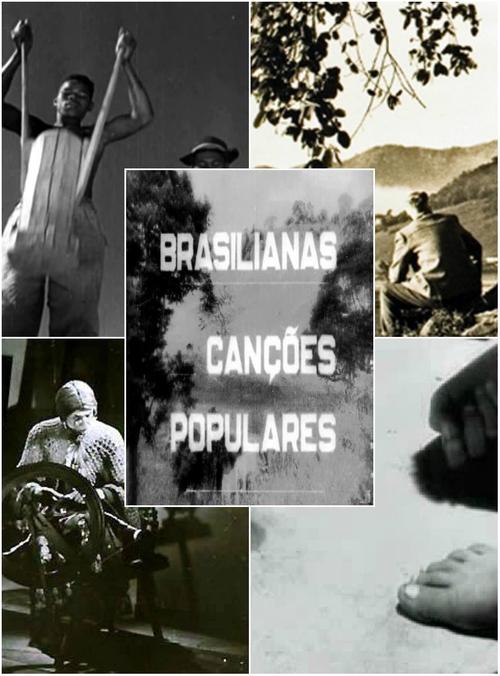
Brasilianas: Canções Populares
2025
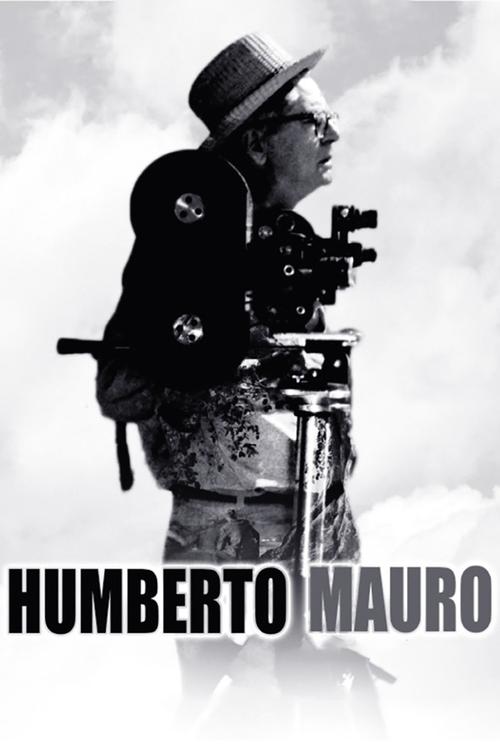
Humberto Mauro
2018

Castelar e Nelson Dantas no País dos Generais
2008
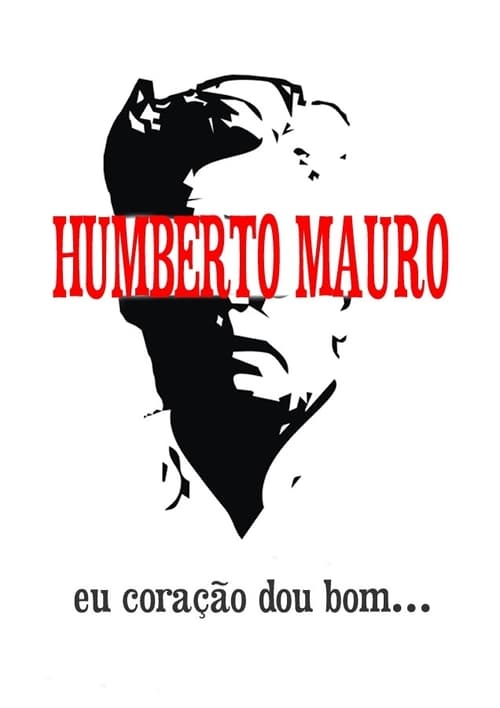
Humberto Mauro: Eu Coração Dou Bom
1979
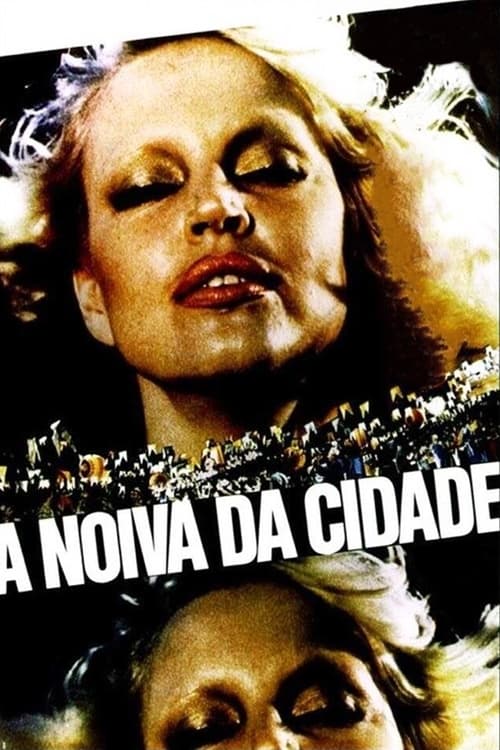
A Noiva da Cidade
1978
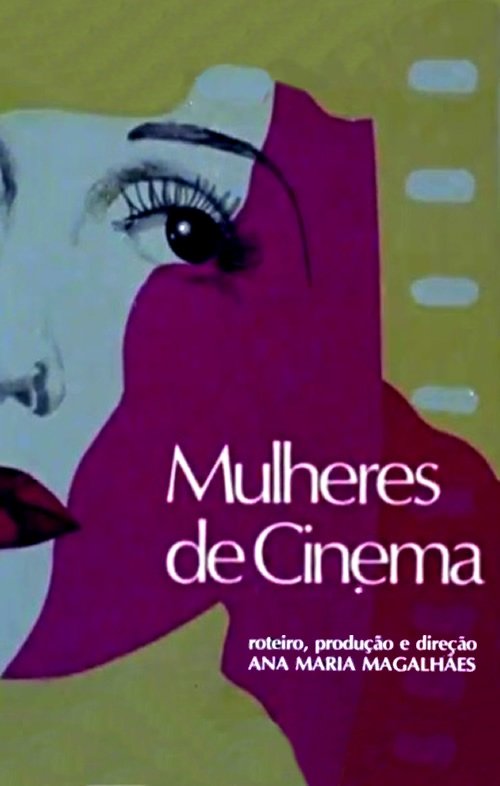
Mulheres de Cinema
1978
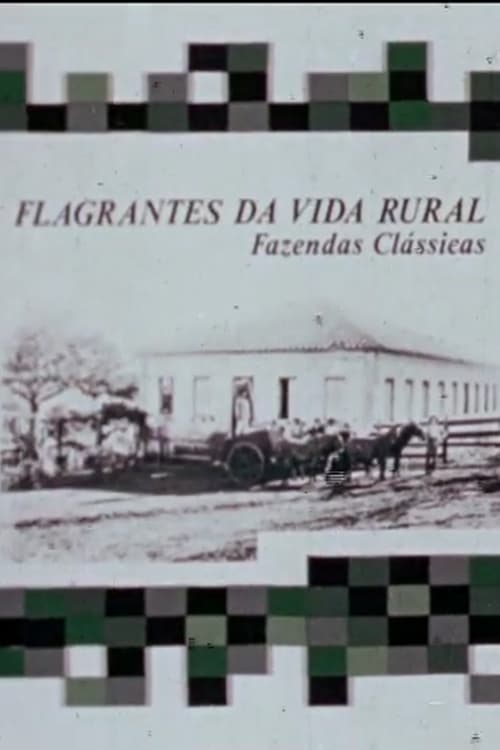
Flagrantes da Vida Rural: Fazendas Clássicas
1977

Entrevista de Humberto Mauro a David Neves e Alex Viany
1977
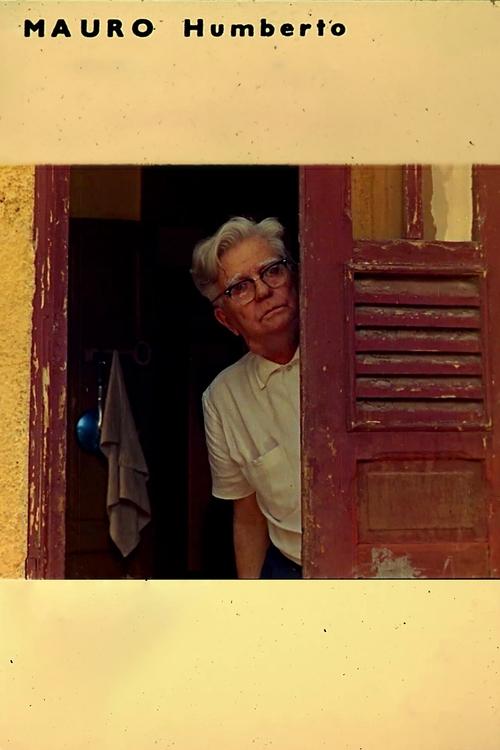
Mauro, Humberto
1975
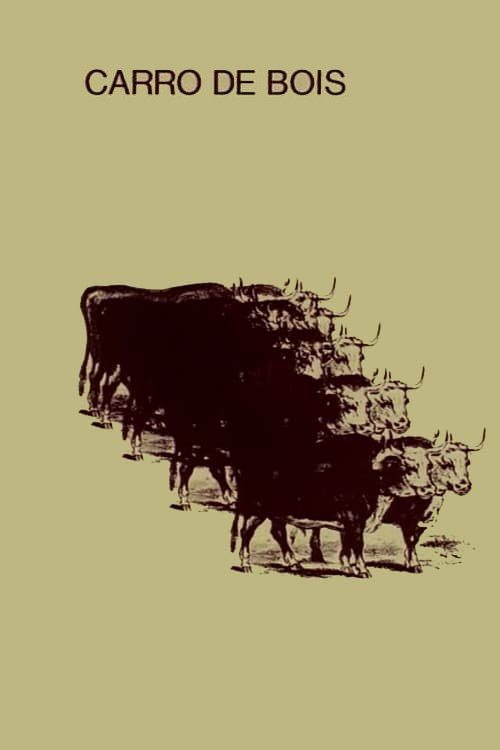
Bullock Cart
1974
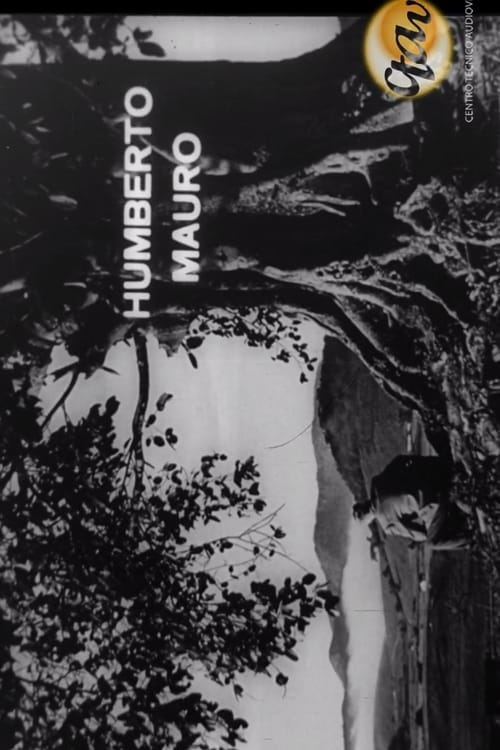
Humberto Mauro
1970

Memories of Helen
1969

Colagem
1967
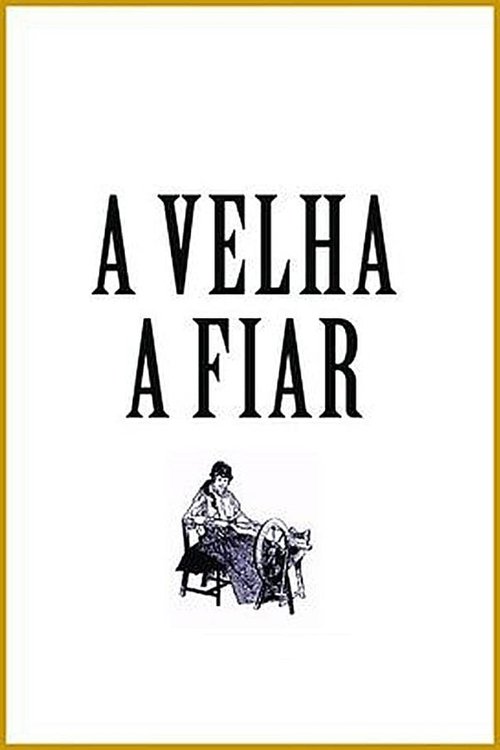
A Velha a Fiar
1964
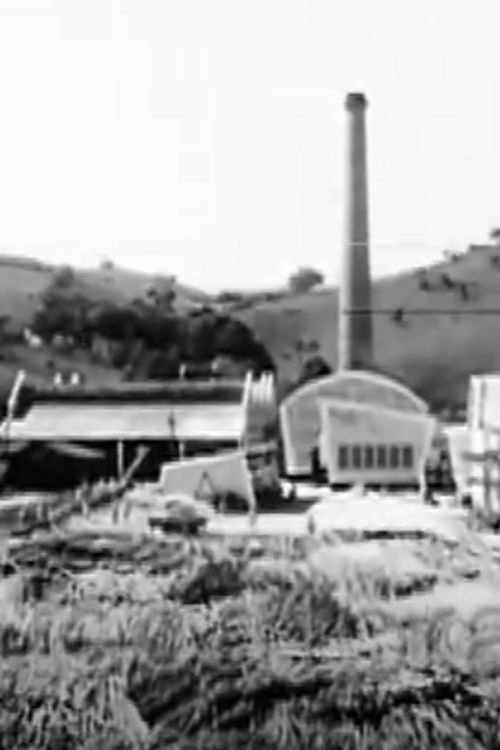
O Papel
1962
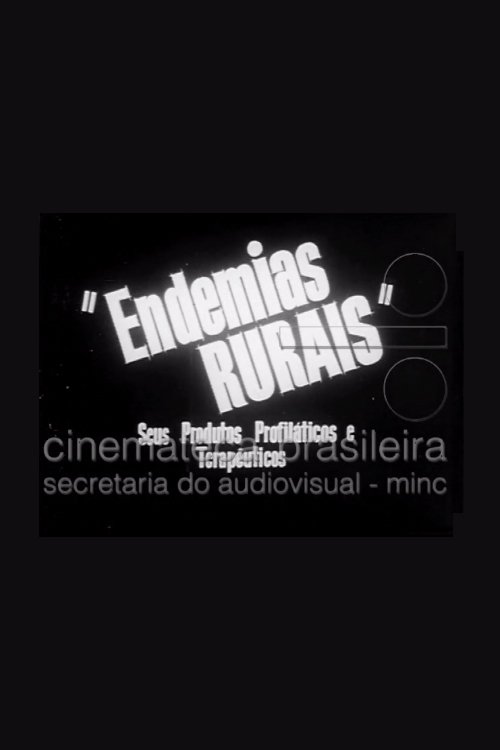
Endemias Rurais
1960

O Café
1959

São João Del Rei
1958
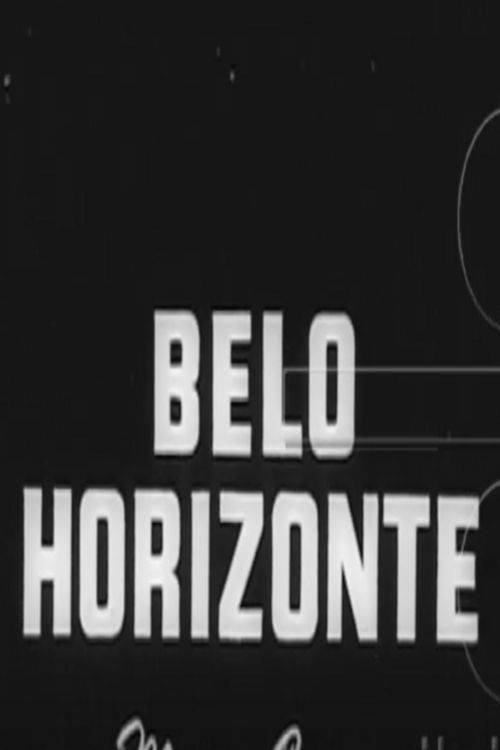
Belo Horizonte
1958
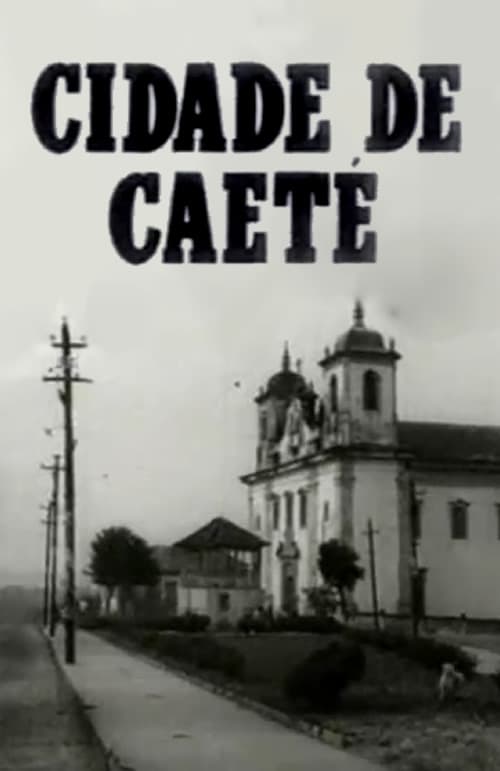
City of Caeté
1958

Fabricação da Rapadura
1958
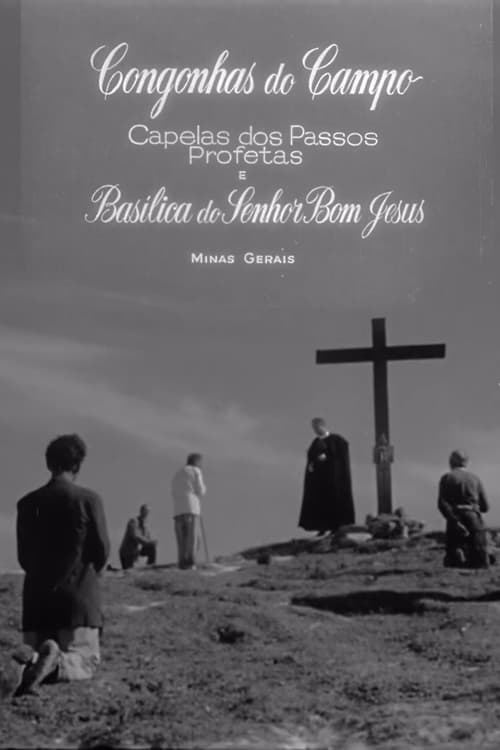
Congonhas do Campo
1957

Manhã Na Roça: O Carro de Bois
1956
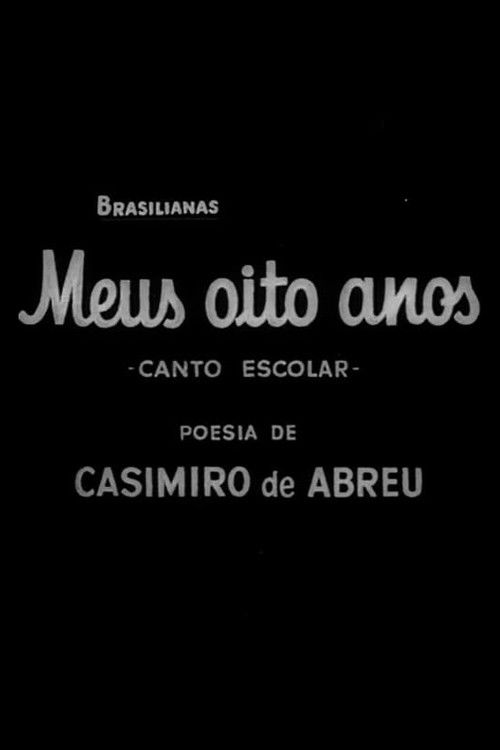
Meus Oito Anos: Canto Escolar
1956

O João de Barro
1956

Biblioteca Demonstrativa Castro Alves: Uma Biblioteca Modêlo
1956

Rural Constructions
1956

Engenhos e Usinas
1955

Cantos de Trabalho
1955

Aboio e Cantigas
1954

Higiene Rural
1954
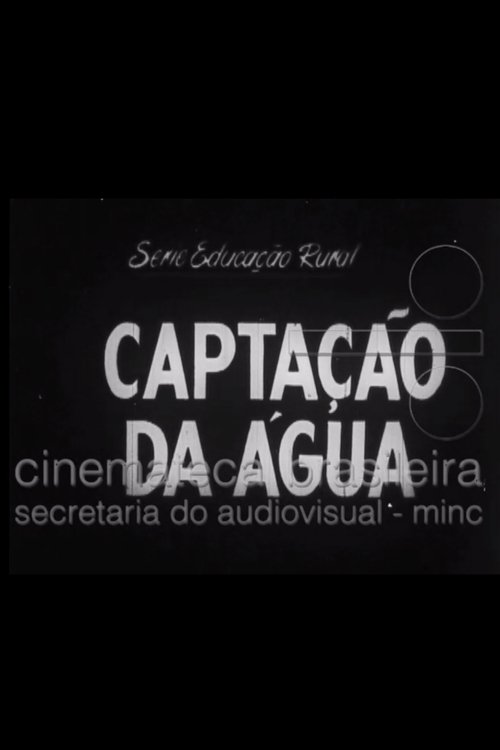
Captação da Água
1954
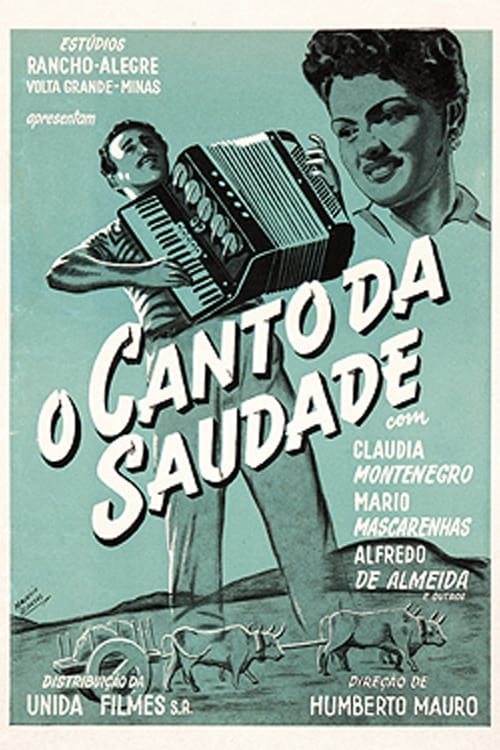
O Canto da Saudade
1952

Alberto Nepomuceno
1950
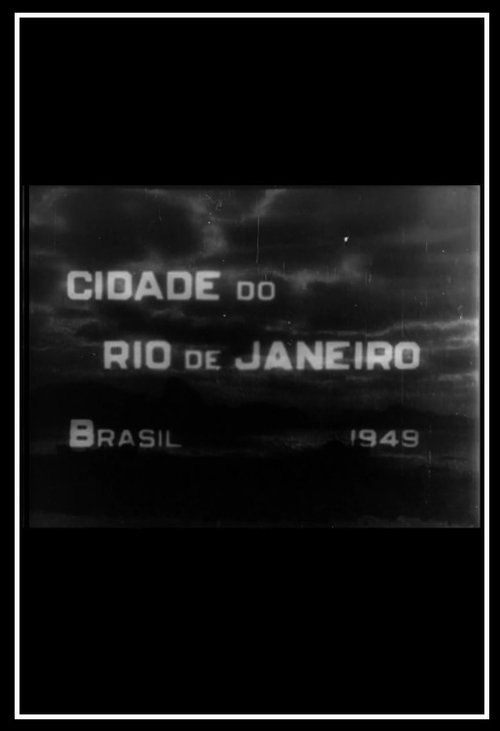
Cidade do Rio de Janeiro
1949
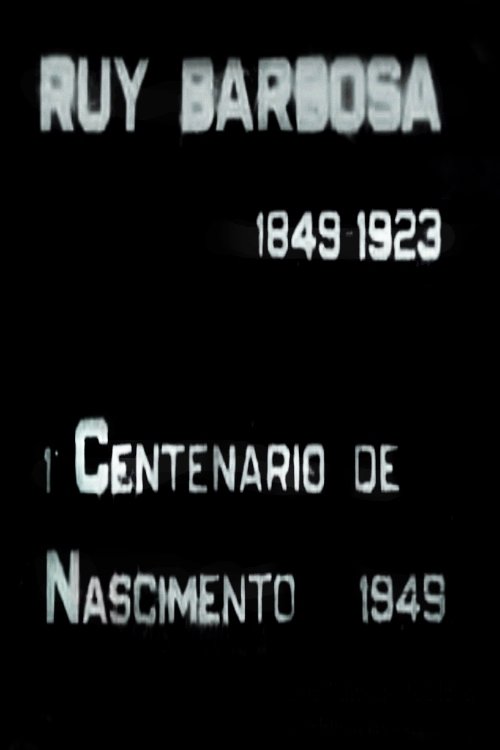
Ruy Barbosa
1949
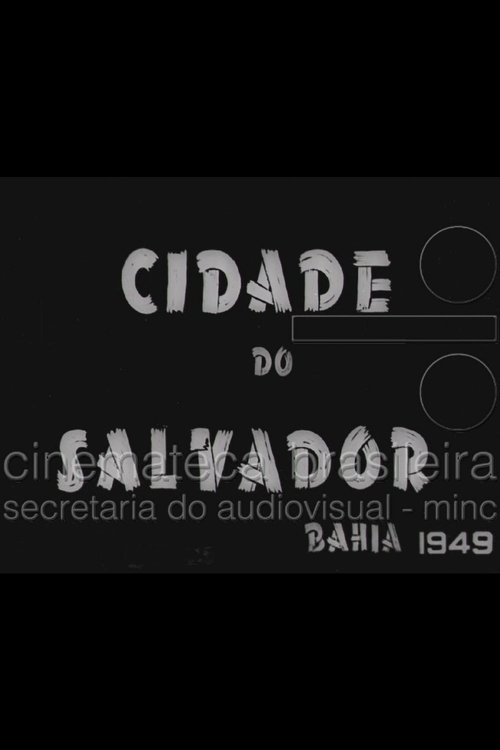
Cidade do Salvador
1949

Azulão e Pinhal
1948
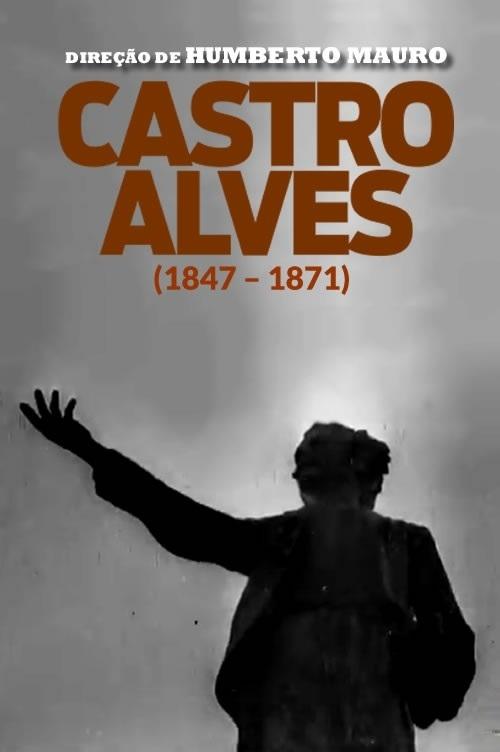
Castro Alves
1948

O Judas em Sábado de Aleluia
1947

O cristal oscilador: industrialização do quartzo no Brasil
1947
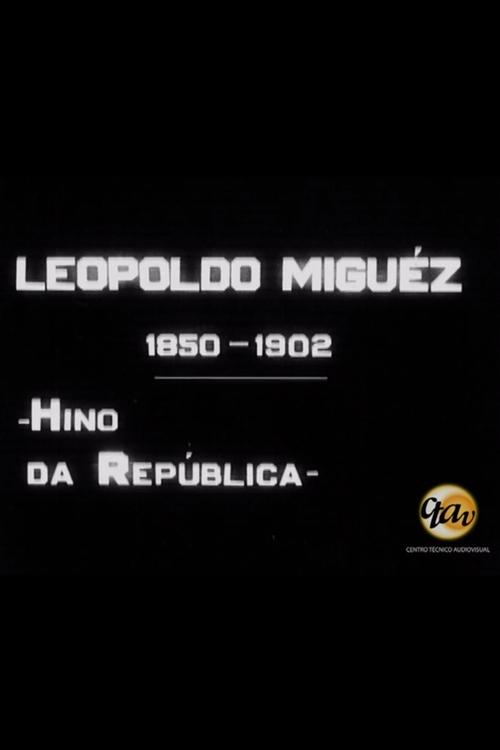
Leopoldo Miguez
1946
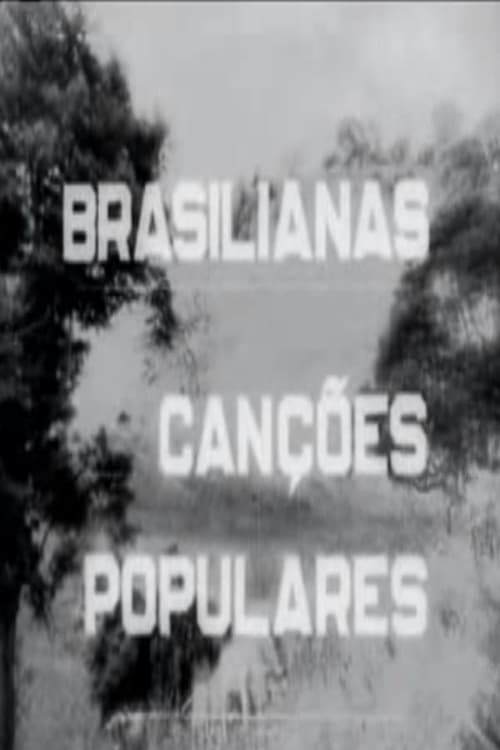
Chuá-Chuá e Casinha Pequenina
1945
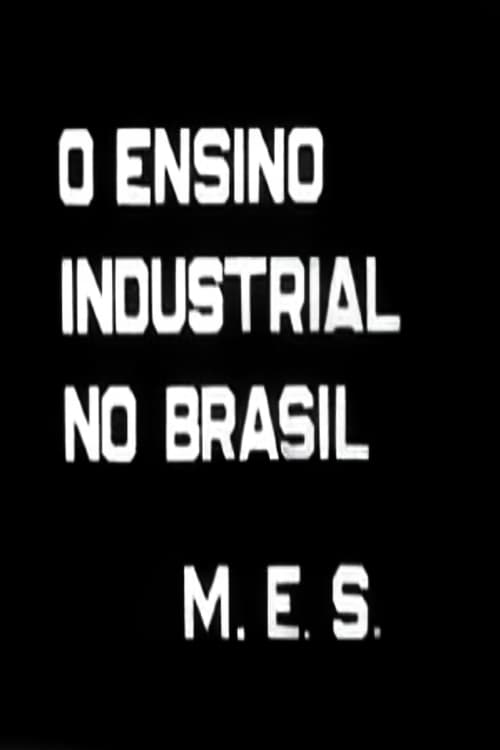
O Ensino Industrial no Brasil
1945
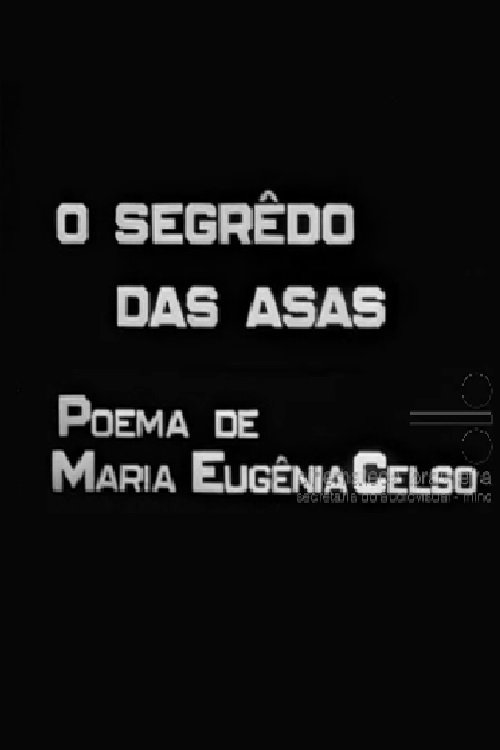
O Segredo das Asas
1945
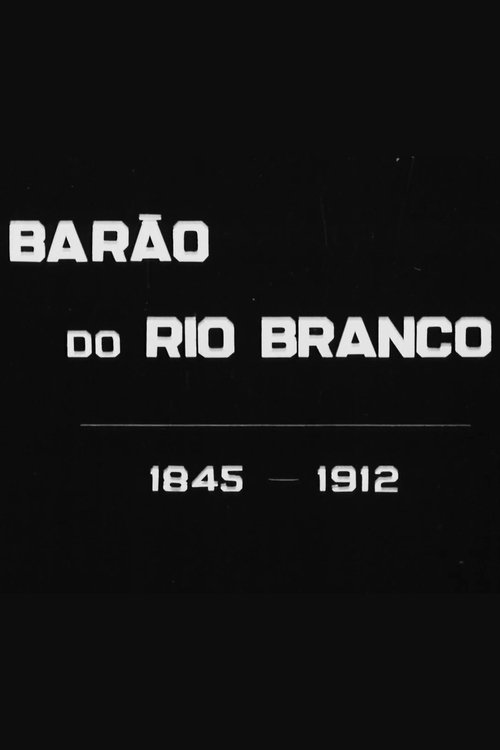
Barão do Rio Branco
1945
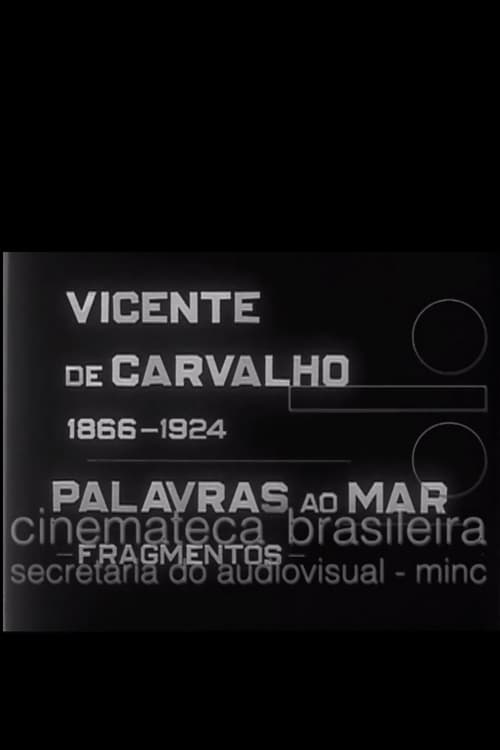
Vicente de Carvalho - Palavras ao Mar
1945
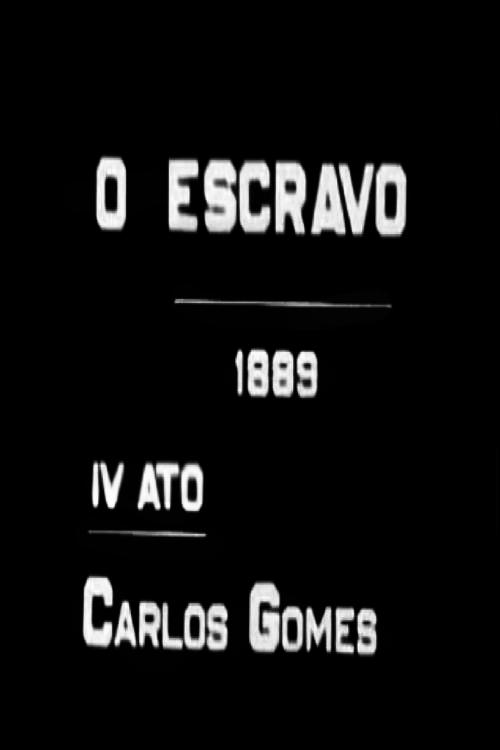
O Escravo
1944

Euclydes da Cunha - 1866-1909
1944
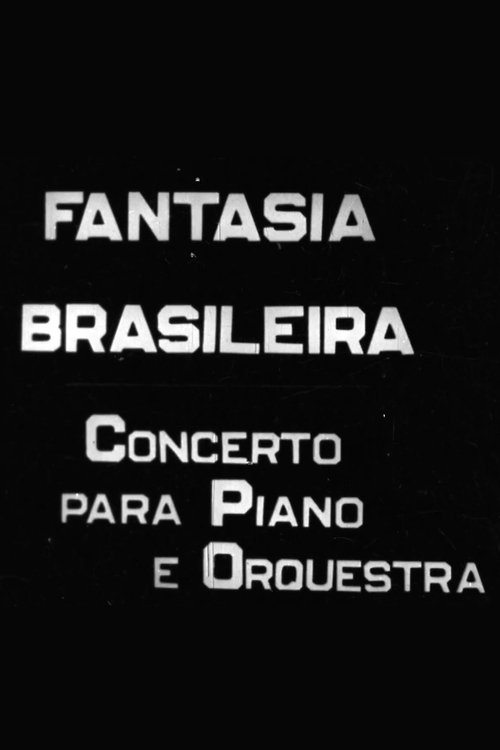
Fantasia Brasileira - Concerto para Piano e Orquestra
1943

Clay
1942

Miocárdio em Cultura: Potenciais de Ação
1942
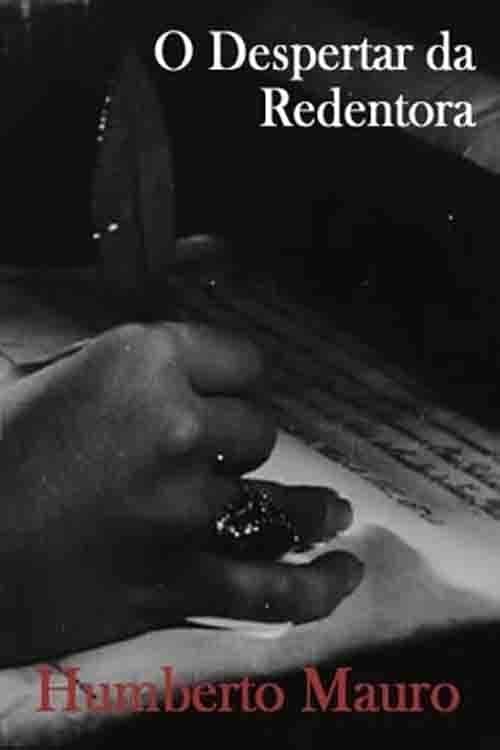
O Despertar da Redentora
1942
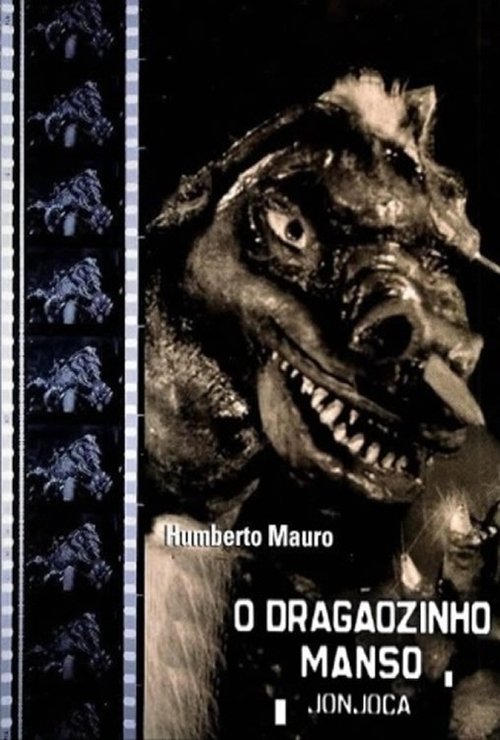
O Dragãozinho Manso - Jonjoca
1942

Carlos Gomes: O Guarani - Invocação dos Aimorés
1942

Henrique Oswald
1942

Ponteio - Segundo Movimento do Concerto para Piano e Orquestra de Hekel Tavares
1941
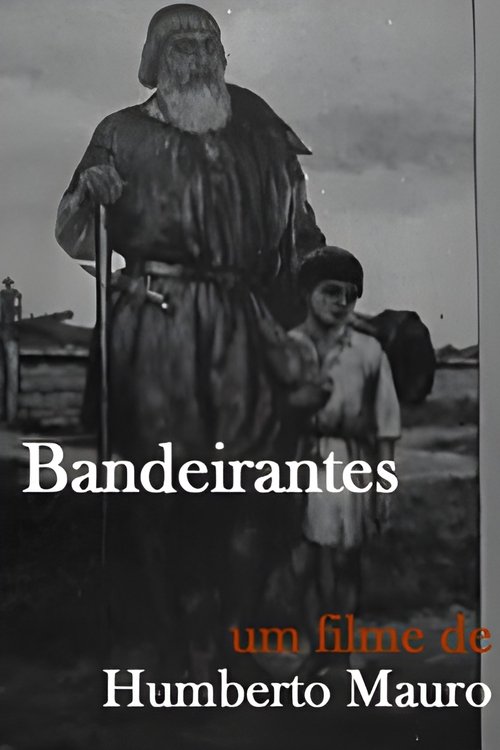
Bandeirantes
1940

Aráras
1940
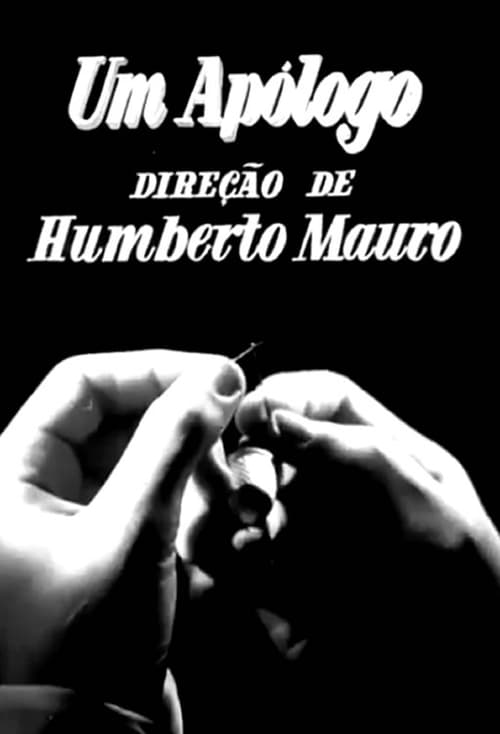
Um Apólogo
1939

O Puraquê
1939
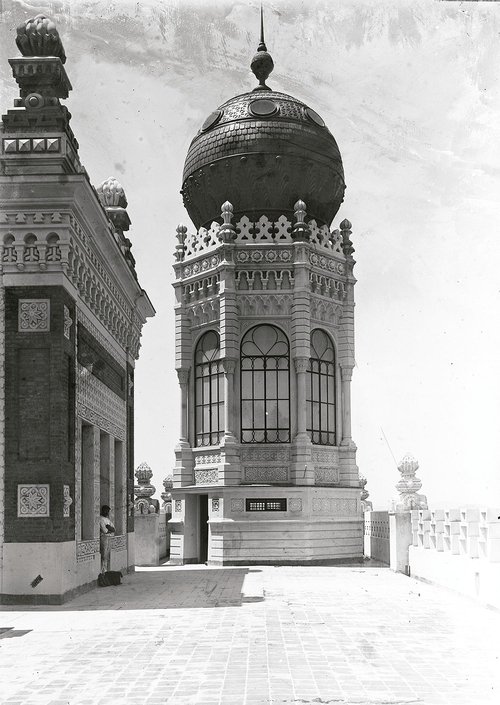
Instituto Oswaldo Cruz
1939

Cerâmica de Marajó
1939

Abastecimento d'Água do Rio de Janeiro (História da Água)
1939
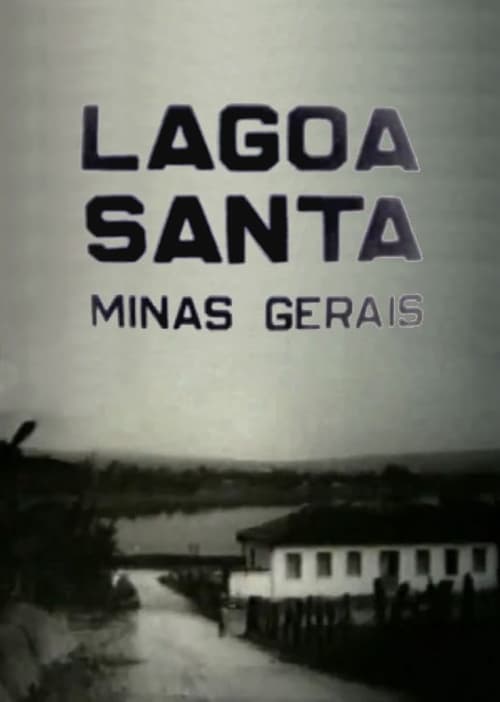
Lagoa Santa
1939

Study of the Major Endemics – Brazilian Regional Aspects
1939
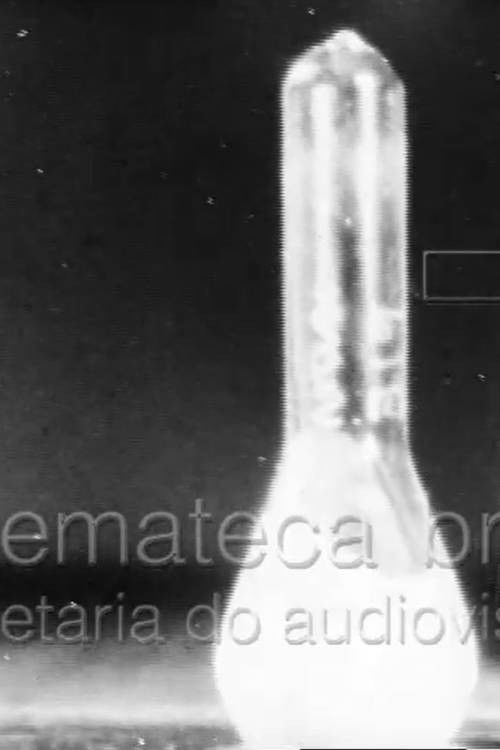
Febre Amarela I
1938
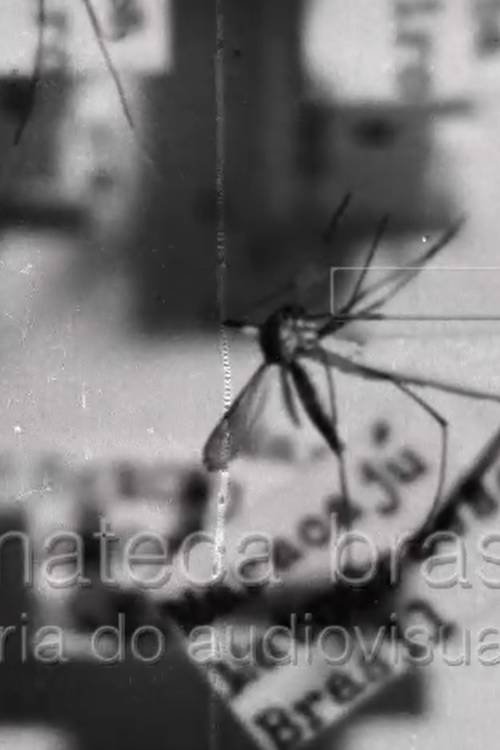
Febre Amarela II
1938

Chegada de Humberto Mauro de Veneza
1938
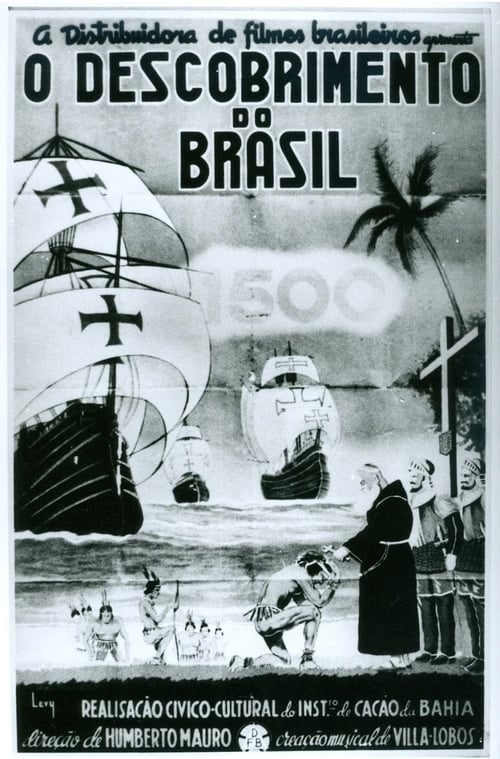
The Discovery of Brazil
1937
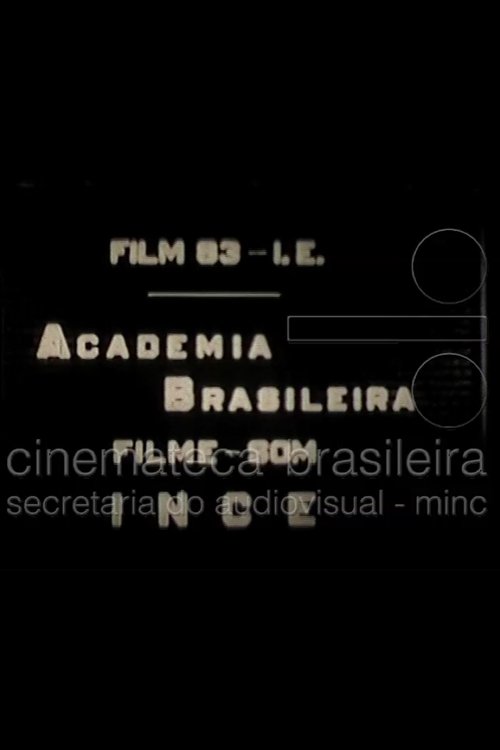
Academia Brasileira
1937

Telúrio
1937
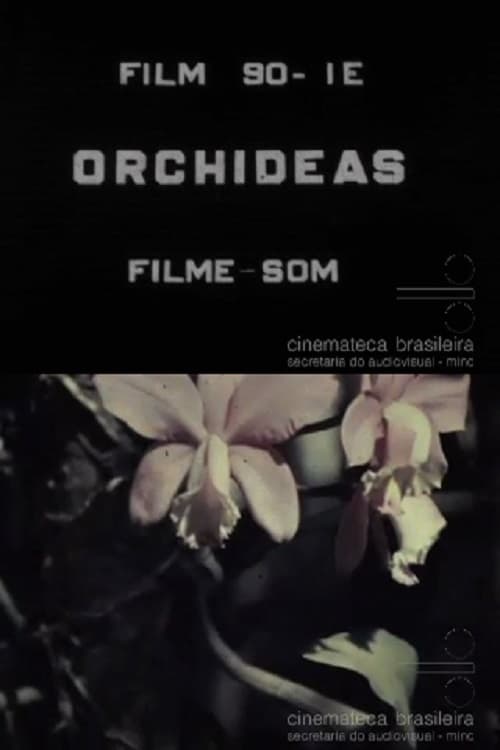
Orquídeas
1937
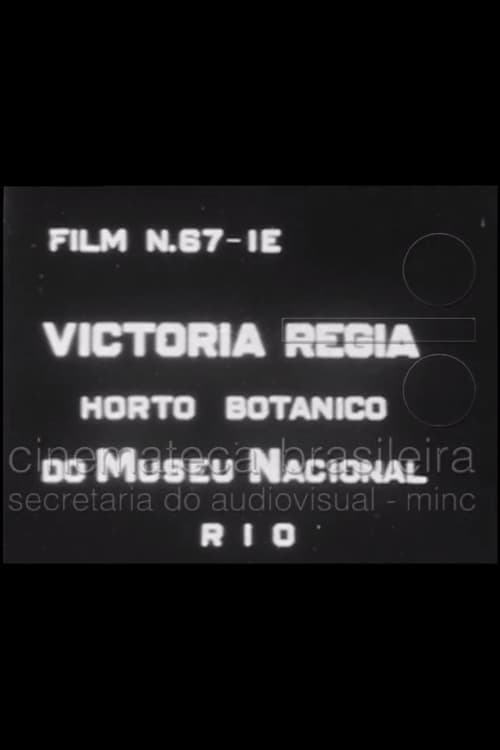
Victória Régia: Horto Botânico do Museu Nacional
1937
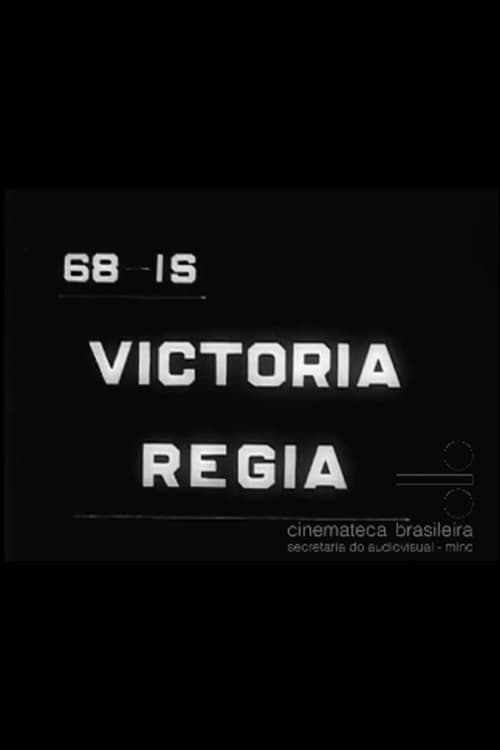
Victória Régia
1937
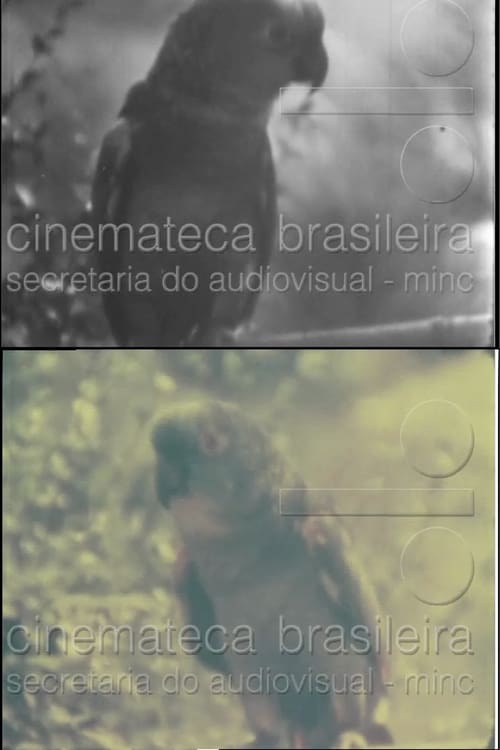
Papagaio
1937
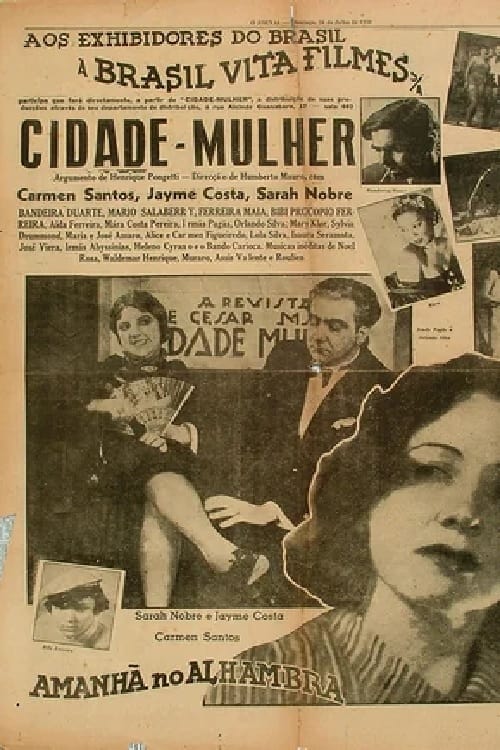
Cidade Mulher
1936

O Cysne
1936
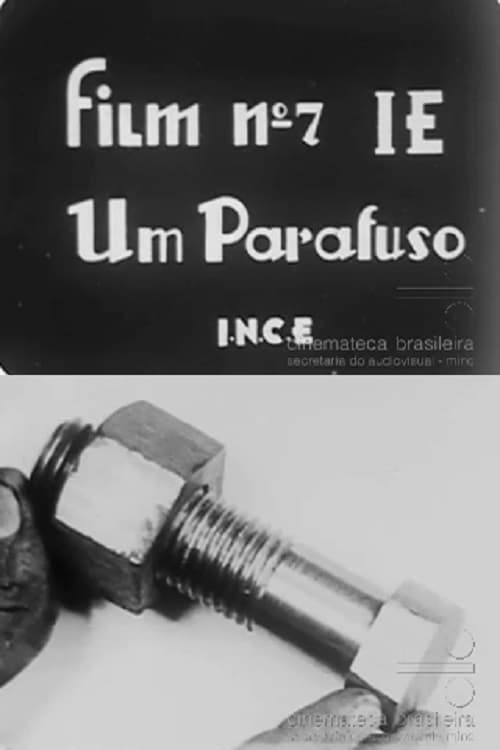
Um Parafuso
1936

Os Inconfidentes
1936
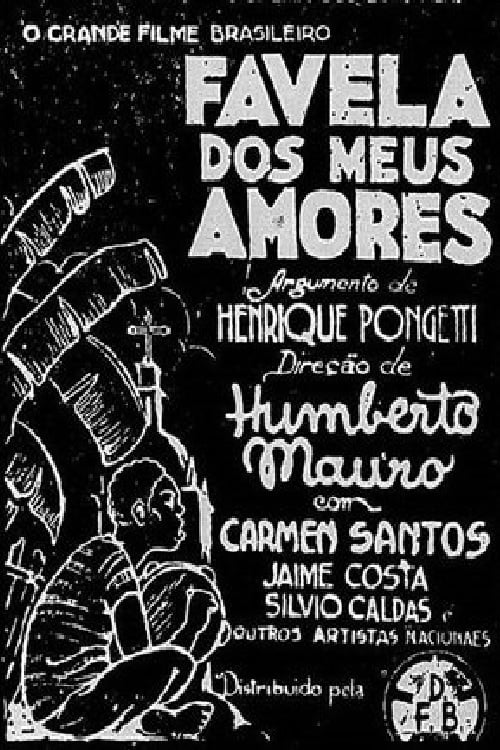
Favela dos Meus Amores
1935
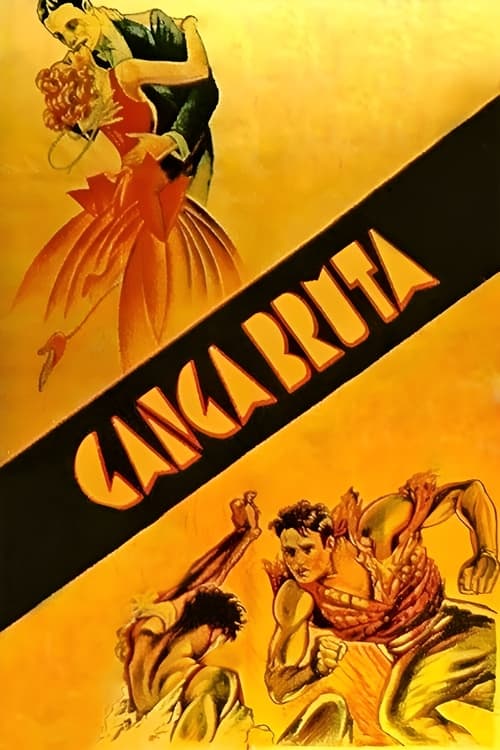
Rough Gang
1933

A voz do Carnaval
1933

Woman
1931
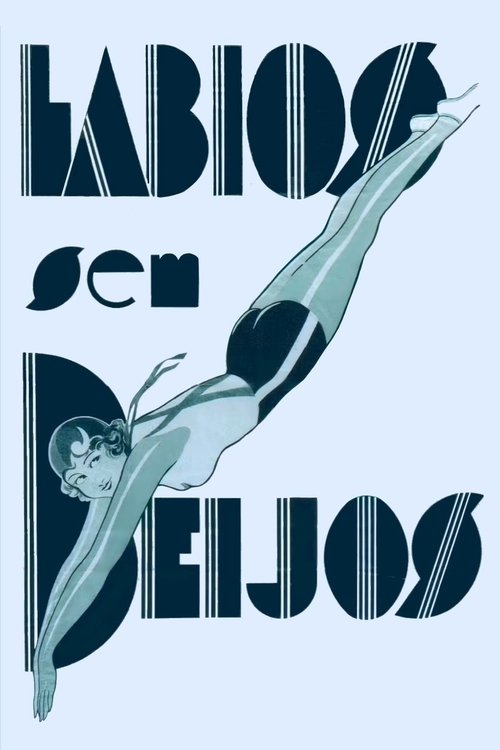
Virgin Lips
1930
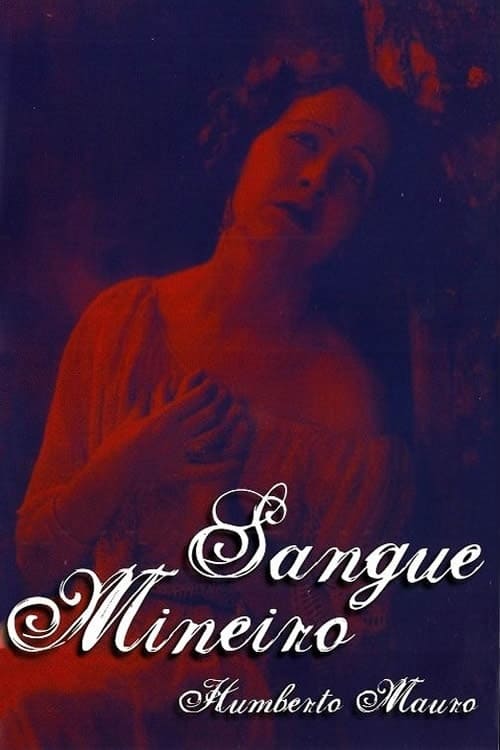
Sangue Mineiro
1929
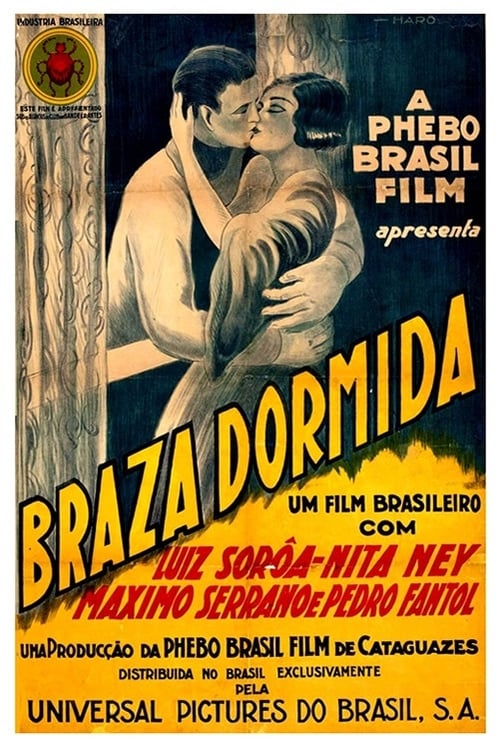
Dormant Embers
1928

National Treasure
1927

Na Primavera da Vida
1926







